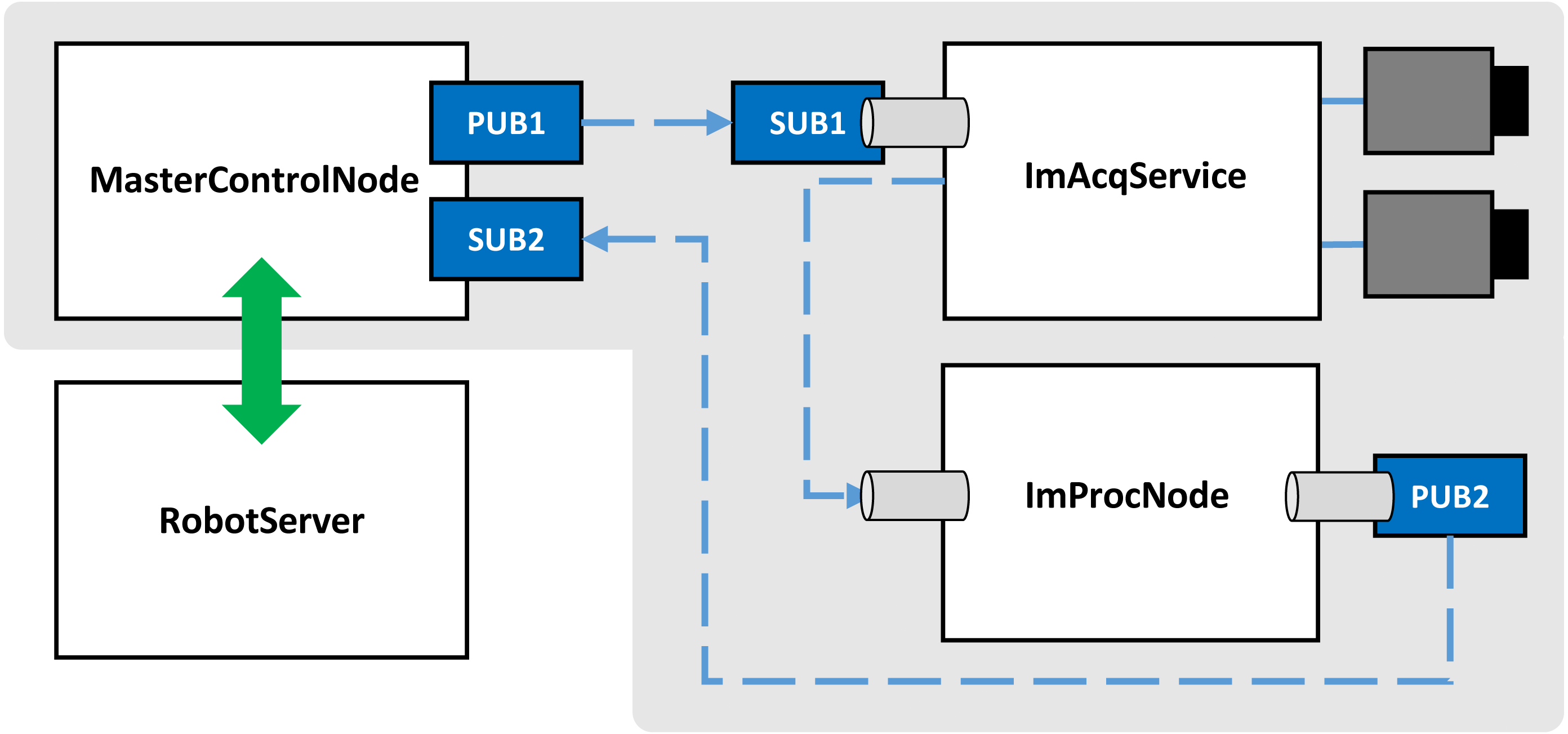
Override this to handle members leaving a conversation. Override this to handle members joining a conversation. On a conversationUpdate activity, calls a handler if members other than the bot joined or left the conversation. Override this to handle a message activity. The handlers defined in ActivityHandler are: EventĬalls one of the other handlers, based on the type of activity received. These methods are protected, but can be overridden, since we're deriving from ActivityHandler. ActivityHandler defines various handlers for different types of activities, such as OnMessageActivityAsync, and OnMembersAddedAsync. To implement a bot as an activity handler, derive your bot class from ActivityHandler, which implements the IBot interface. The main bot logic is defined in the bot code. The bot logic processes incoming activities from one or more channels and generates outgoing activities in response. That base implementation is, among other things, responsible for calling the rest of the activity handlers such as on_message_activity. When doing so, be sure to first call await super().on_turn(turnContext) to make sure the base implementation of on_turn is run before your additional code. There are certain situations where you will want to override the base turn handler, such as saving state at the end of a turn. Likewise, your logic for handling members being added to the conversation will go in your on_members_added handler, which is called whenever a member is added to the conversation.įor example, if the bot receives a message activity, the turn handler would see that incoming activity and send it to the on_message_activity activity handler. When building your bot, your bot logic for handling and responding to messages will go in this on_message_activity handler. That base implementation is, among other things, responsible for calling the rest of the activity handlers such as onMessageActivity. When doing so, be sure first to call super.onTurn(turnContext) to make sure the base implementation of onTurn is run before your additional code. There is no base implementation for each of these handlers, so add the logic you want in your override. To implement your logic for these handlers, you will override these methods in your bot, such as in the sample activity handler section below. As with all the above handlers, be sure to call next() to ensure the rest of the process wraps up. The onDialog handler runs at the end, after the rest of the handlers have run, and is not tied to a certain activity type. There is a special handler called onDialog. There aren't any common situations where you will want to override the base turn handler, so be careful if you try to do so. You can do so by overriding the activity handler run method and saving state after the parent's run method completes.

Make sure to save state before the turn ends. By calling next() you ensure that the next listener is run.

For each listener, include your bot logic, then be sure to call next() at the end. To add these listeners, you will register them in your bot as seen in the Bot logic section below. Likewise, your logic for handling members being added to the conversation will go in your onMembersAdded listeners, which are called whenever a member is added to the conversation. When building your bot, your bot logic for handling and responding to messages will go in the onMessage listeners. When the bot receives a message activity, the activity handler would see that incoming activity and send it each of the onMessage activity listeners, in the order in which they were registered. The JavaScript ActivityHandler uses an event emitter and listener pattern.įor example, use the onMessage method to register an event listener for message activities. That base implementation is, among other things, responsible for calling the rest of the activity handlers such as OnMessageActivityAsync. When doing so, be sure to first call await base.OnTurnAsync(turnContext, cancellationToken) to make sure the base implementation of OnTurnAsync is run before your additional code. For each of these handlers, there is no base implementation, so just add the logic that you want in your override.


 0 kommentar(er)
0 kommentar(er)
